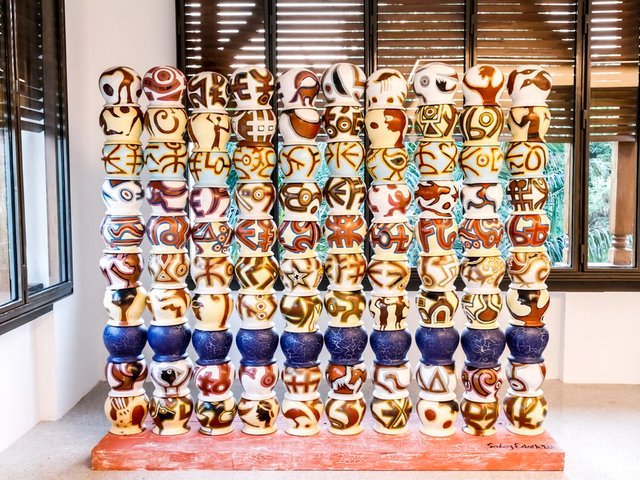In late 2000, the former South African president, Nelson Mandela, came to the British Museum and spoke movingly at the inauguration of the Great Court’s BP Lecture Theatre, when he recalled that the British Museum had been an institution “about which I had heard so much as a young man”.
He said that he was “particularly proud that the museum is about to open three new African galleries”, and that these would demonstrate the influence that the continent’s art had had on 20th-century European artists.
He is an extraordinary man, who in all areas seems completely free from conventional prejudice. On that occasion, he said something that went right against the current tendency, which is to criticise the great Western museums, and often clamour for restitution of the collections to their places of origin.
Mandela said: “This great museum may have begun as the beneficiary of British imperial power, but it has become a truly international institution supported by global donors and attracting scholars and tourists from across the world to its unique collection of artistic treasures in which every continent is represented.”
This presages what the world’s leading museums said late last year in an official communique (see pages 1,6): we serve all cultures; we provide a valid and valuable context for objects that have long been displaced from their source. They are trying to explain that art and artefacts become more than just themselves when seen in close proximity to works from other cultures; that the museums are more than just the sum of their parts.
The reason why they have taken this step is because the restitution claims are beginning to become a conventional political coda: “We affirm our nationhood, reject past domination by Western powers/present domination by neo-colonialism—and want our art back”, say the politicians. The demands are proliferating; the Parthenon Marbles are only the most famous. The tendency is dangerous, because it is opportunistic and shortsighted. It has no regard for what is good about these museums, which in many cases have preserved pieces that otherwise would never have survived (Captain Cook’s specimens from the South Seas, for example), and have founded the study of whole subject matters, Egyptology, for example.
This document, which, I believe, will be seen as a major turning point , is about what is good in the West’s contribution to the history of the world. It wrong of some papers to have interpreted it as a combative, anti-restitution move. Instead, implicit in the document is the concept, “Autres temps, autres moeurs”; it neither condones nor condemns how the items entered the collections in the past, but emphasises the good that has come from their accumulation.
In a global society, the museums are saying, we serve global culture. We, the British Museum, the Louvre, the Hermitage, the Metropolitan, the Berlin museums, we exist; we could never be created again; we should not lose our substance by slow attrition. We are a good for all mankind.


